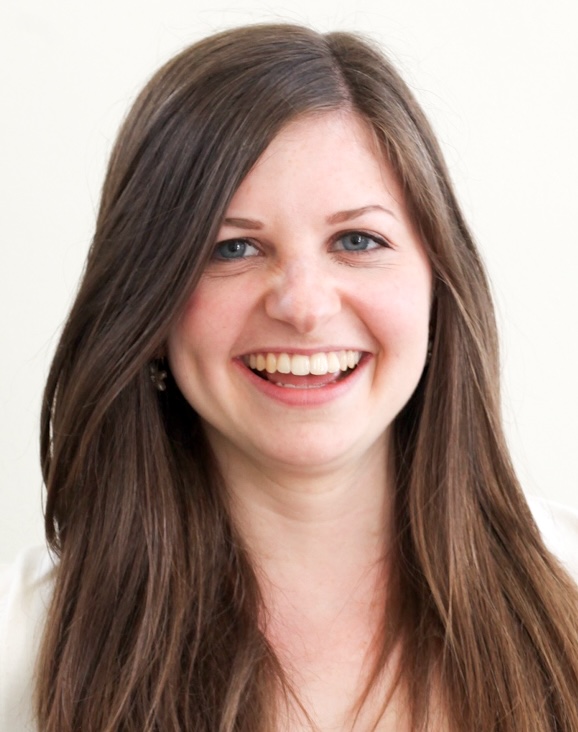Be a Bookworm!

October 27, 2016
by Kimmy
School/Life Balance What are OS/OT?
One of my favorite occupations is reading. In my spare time, there are few things I find as comforting as curling up with a good non-textbook book in one hand and maybe a warm latte in the other. Keep on reading to hear about some of my recent reads with OT themes . . .
After completing the adult rehabilitation immersion, I found myself intrigued by first-hand accounts of people living with physical disabilities. During the summer, I read “Stroke of Insight” by Jill Bolte Taylor, whose story has now become a widely-viewed TED talk. As a neuroanatomist, Dr. Jill provides a unique perspective of her cognitive impairments in real time while she experiences a stroke herself. The book details the cerebrovascular accident itself, as well as her long path to recovery.
In addition to exploring non-fiction, I have become a fan of novels that capture the disability or different-ability experience. Jodi Picoult has been a long-time favorite of mine, as her books cover controversial and profound topics. She evidently devotes a great deal of effort to researching the conditions and situations presented in her novels. Her books have covered a range of illnesses and disabilities that OTs may be interested in, from pediatric leukemia and organ donation in My Sister’s Keeper, to osteogenesis imperfecta in Handle with Care, to Asperger’s Syndrome in House Rules. Similarly, Lisa Genova has found a niche within the disability fiction genre. So far, I have read Left Neglected, about the effects of a traumatic brain injury. I also read Love Anthony, which involves a story about autism, among other emotional themes. Both authors have discussed the extensive research necessary to accurately write about different conditions and the effects they may have.
One of my ultimate goals is to be a lifelong learner. I find reading to be one way to constantly continue learning — outside the classroom walls, beyond graduation. Both non-fiction and fiction books are capable of presenting disabilities and life circumstances through new perspectives. The more we consume the words of others, the better we are able to construct our own thoughts. The better we construct our thoughts, the more effectively we serve clients. I definitely believe the best way to open your mind is to open the cover and start flipping those pages!
⋯
Next by tag School/Life Balance ⟩ What are OS/OT? ⟩
⋯





